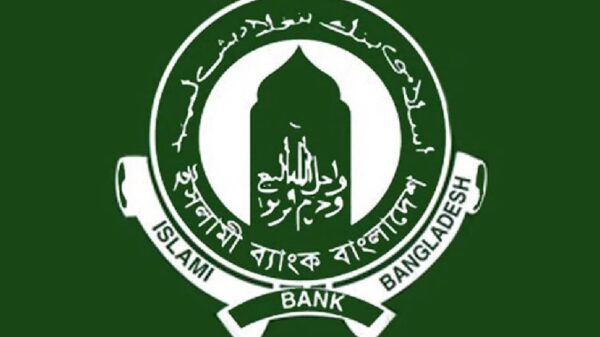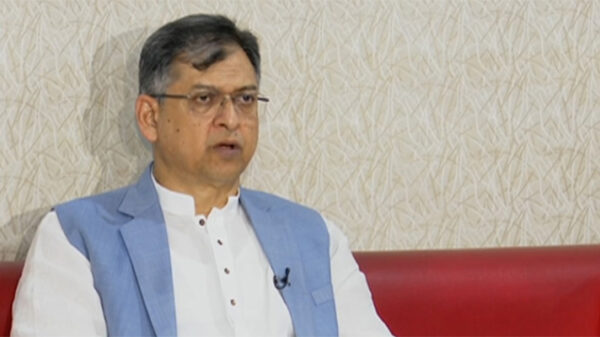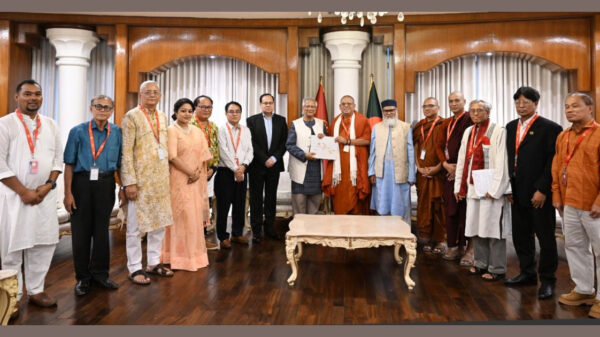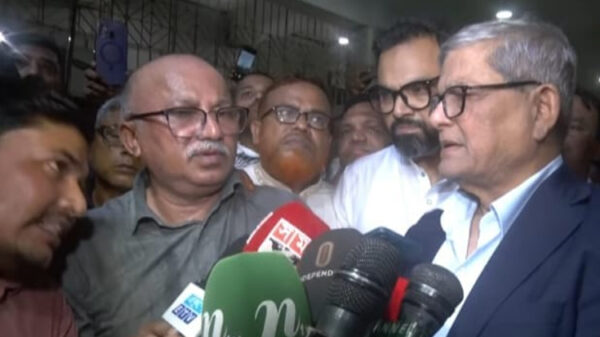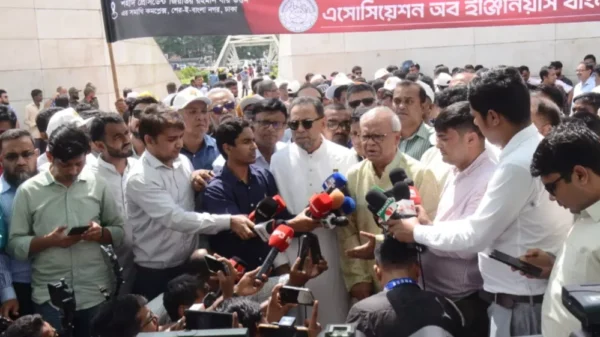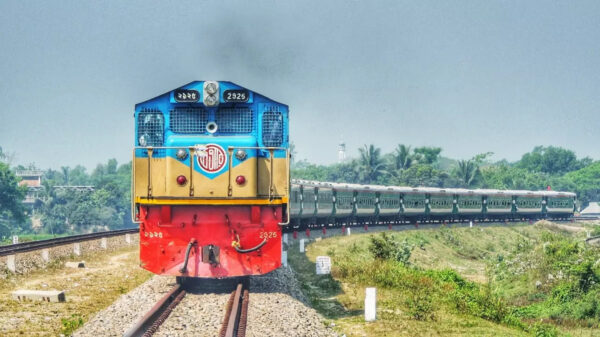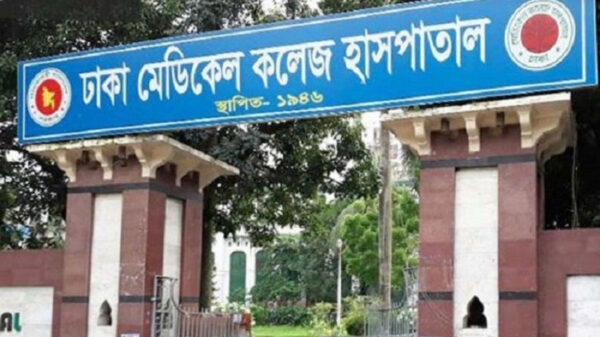Staff Reporter:
It is time to speak of media freedom, of the idea it conveys to people. But there is that unavoidable thought of the fetters the press is in nearly everywhere around the globe.
There are the draconian laws which have consistently come in the way of media independence. And then there is that increasingly destructive element we know as fake news, or news that is manufactured — a figment of the imagination or is a reflection of a mind banking on the provocative to incite individuals and groups into a defense of lies in the garb of truth.
In our times, the press is in an embattled state. It teeters on the verge of being hobbled, for there are governments which are unwilling to come or are incapable of coming to terms with the truth.
Newspapers have been banned across the not-so-democratic societies in continents not given to reflections on or practice of modern politics.
Journalists have been thrown into prison and kept there for years together, with no charges brought against them and therefore no trials. On World Press Freedom Day, there is not much that can be celebrated.
But there is much to be said about the paramount need for the media to operate in circumstances where authoritarianism does not hold sway.
Or where the state takes upon itself the role of the sole purveyor of truth, it becomes the moral responsibility of the press to remind the state, in every country where governments identify themselves with the state and therefore make a mess of things, that it is the media which will uphold the truth.
Today, in Bangladesh as elsewhere, the lesson must be asserted anew of the press being a gatekeeper for truth and therefore representative of all the values which require to be kept uppermost in any consideration of life.
Indeed, if the preservation of life and liberty and the pursuit of the common happiness is the objective of the post-modern state, and if the state is found wanting in carrying out its constitutionally-ordained tasks, it becomes the duty of the press to come forth and loudly proclaim the need to remind the state of what it must do — and yet is not doing.
The press is not the enemy of the state. The press is not and has never been a disruptive force in any society.
Where the press has been perceived to be less than what it should have been, it forfeits the right to belong to the club of enlightened newsmen and newswomen.
This morning, we speak of the unqualified freedom the press is expected to enjoy. But that freedom is today being curtailed across vast swathes of the earth.
Fear of the state has pushed newspapers into winding up. Or it has generated that enervating state of health called self-censorship.
And that is not all.
The regularity with which segments of the media have chosen to fraternize with those wielding power, across the continents, is a sign of danger, the danger being a loss of credibility on the part of the practitioners of news.
The press must not fraternize with the powers that be, but it must be appropriately friendly with them and with everyone else and every other institution in the state.
It is not for the media to hurl itself into a combative situation with those who commit wrong. But it is for the media to dig deep into stories of malfeasance, of wrongdoing by the powerful and bring them to light.
That process naturally leads to the education of society on everything which needs rolling back. It is also a loud but polite message to those who administer the state that they are in office on public trust and therefore they need to ensure that they cannot afford to slip up.
But when the powerful do slip up, the media will tell them so. The media is the messenger. It carries the message on behalf of society. And so it ought not to be shot.
But when the press takes a bullet, in the metaphorical meaning of the term, it is the entire edifice of liberty, of the rule of law which comes under threat.
When a newsman is clamped in prison through the fearsome application of a law that does not respect the rule of law as one means it, it is a sign of political authority operating in circumstances not conducive to the calling of political pluralism.
When journalists are imprisoned in Egypt and Turkey and beaten up in Afghanistan and have their offices raided in the Philippines, when media people are carted off to prison in the nocturnal hours in Bangladesh, when pressmen protesting military-led atrocities in Pakistan’s Balochistan must flee to save themselves, when newspapers are compelled to fold in Rwanda, it is a sign of the degree to which the media has lost ground in its efforts to carry itself with dignity.
And that is not all.
When Fox News in the United States has its comeuppance in the form of a financial penalty it must deal with over its abuse of media ethics, the issue of media freedom assumes another dimension.
When reputed anchors on television channels recede into the background in Asia, Africa, and Latin America, indeed fall silent or make their way to safer climes, press freedom gets to have a good number of sores on its body.
When Western powers, outraged by the Russian invasion of Ukraine, swiftly go for a ban on Russia’s RT channel lest its message be internalized by audiences in the West, it is democratic authoritarianism which hits us in the face. When nations unhappy with the Chinese government clamp a ban on the CGTN channel, it is one more assault on media freedom.
It is never a good idea hounding the media out of its natural working habitat. It is a bad decline in media health when partisanship worms its way into the working of the media, for once that happens, those who indulge in the deed are not only endangering their own future in journalism but are also gravely wounding journalism.
When journalism turns partisan, it is journalism no more, for the partisan journalist then turns or mutates into a political activist.
Journalism thrives on a high moral ground because it aspires to observe the workings of society and the state. Journalists do not and must not arrogate to themselves authority that is not theirs, but must be ready to challenge the exercise of unbridled authority by individuals and institutions every step of the way.
Journalism is the first draft of history. Where media people project half a version of all they see, they give rise to the polemical.
Where those wielding power choose to place impediments in the path of the media, it is the building blocks of history they tamper with.
On World Press Freedom Day, the message is simple. Journalism is a mission riding on a cause. And the cause is to ensure and uphold the dignity of people everywhere. Journalism is a promise of liberty being at the core of individual and collective life.


